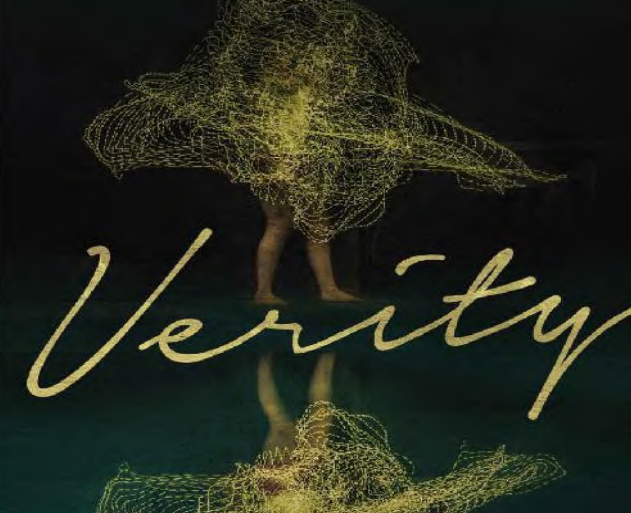“Verity” by Colleen Hoover is a psychological thriller that intertwines elements of suspense, romance, and the complexities of the human psyche. The story follows Lowen Ashleigh, a struggling writer who is given a unique opportunity to finish an unfinished book series by the renowned author Verity Crawford, who has been incapacitated due to an accident. Lowen is invited to Verity’s home to sift through her notes and manuscripts, hoping to find enough material to complete the series.
As Lowen delves into Verity’s work, she discovers a hidden autobiography that reveals shocking and disturbing truths about Verity’s life, including her tumultuous relationship with her husband, Jeremy, and the tragic events surrounding their family. The manuscript paints a dark picture of Verity’s character, leading Lowen to question the authenticity of the narrative and the true nature of Verity’s actions. This discovery sets off a chain of events that blurs the lines between reality and fiction, as Lowen becomes increasingly entangled in Verity’s world.

Throughout the novel, themes of obsession, morality, and the nature of truth are explored. Lowen finds herself drawn to Jeremy, Verity’s husband, as they navigate the complexities of their situation. The tension between Lowen and Verity escalates, creating a gripping atmosphere filled with suspense and uncertainty. As Lowen uncovers more about Verity’s past, she grapples with her own feelings and the ethical implications of her discoveries.
Hoover masterfully builds suspense, keeping readers on the edge of their seats as the plot twists and turns. The narrative is rich with psychological depth, exploring the darker aspects of human nature and the lengths to which people will go to protect their secrets. The climax of the story delivers shocking revelations that challenge the reader’s perceptions of the characters and their motivations.
Ultimately, “Verity” is a compelling exploration of the complexities of love, ambition, and the haunting shadows of the past. It raises questions about the reliability of narratives, both in literature and in life, leaving readers to ponder the true nature of truth and the consequences of uncovering it.
